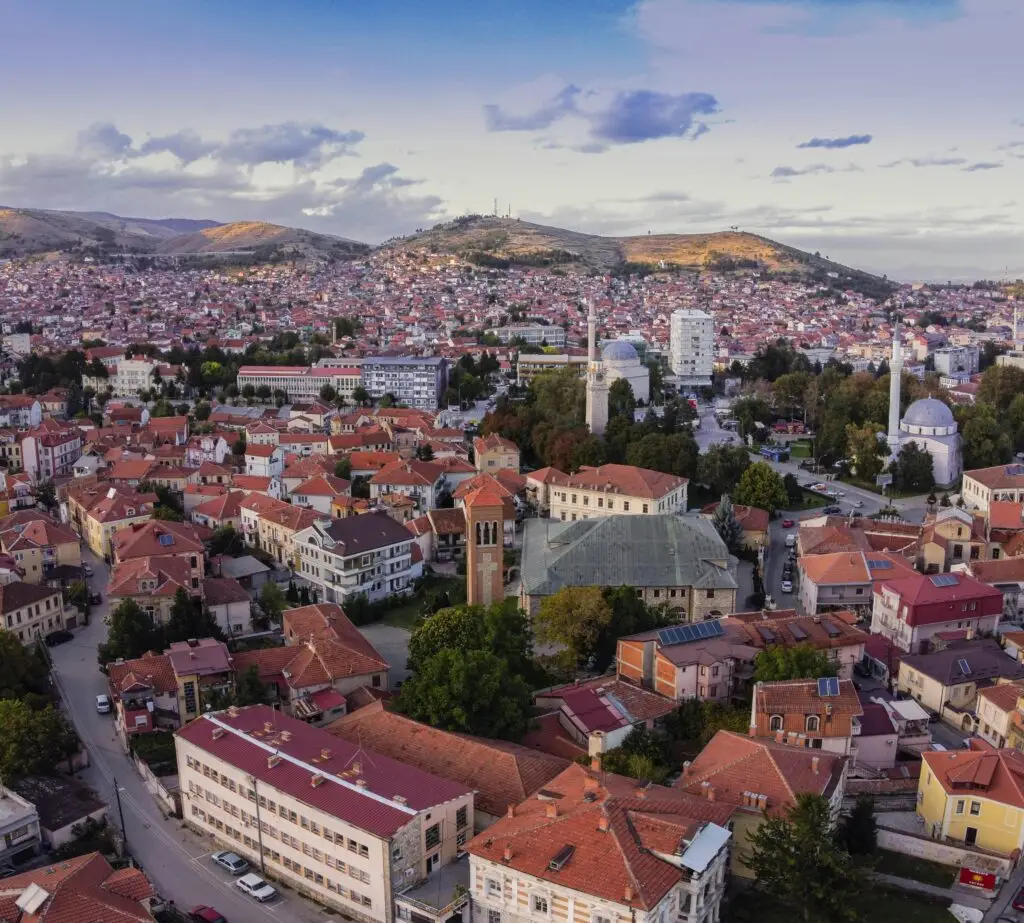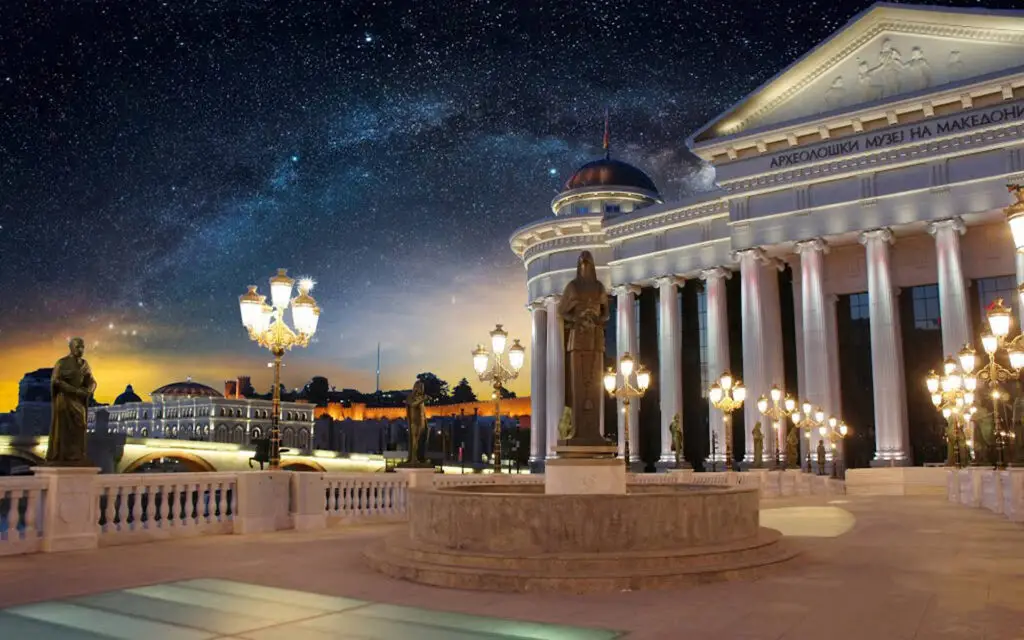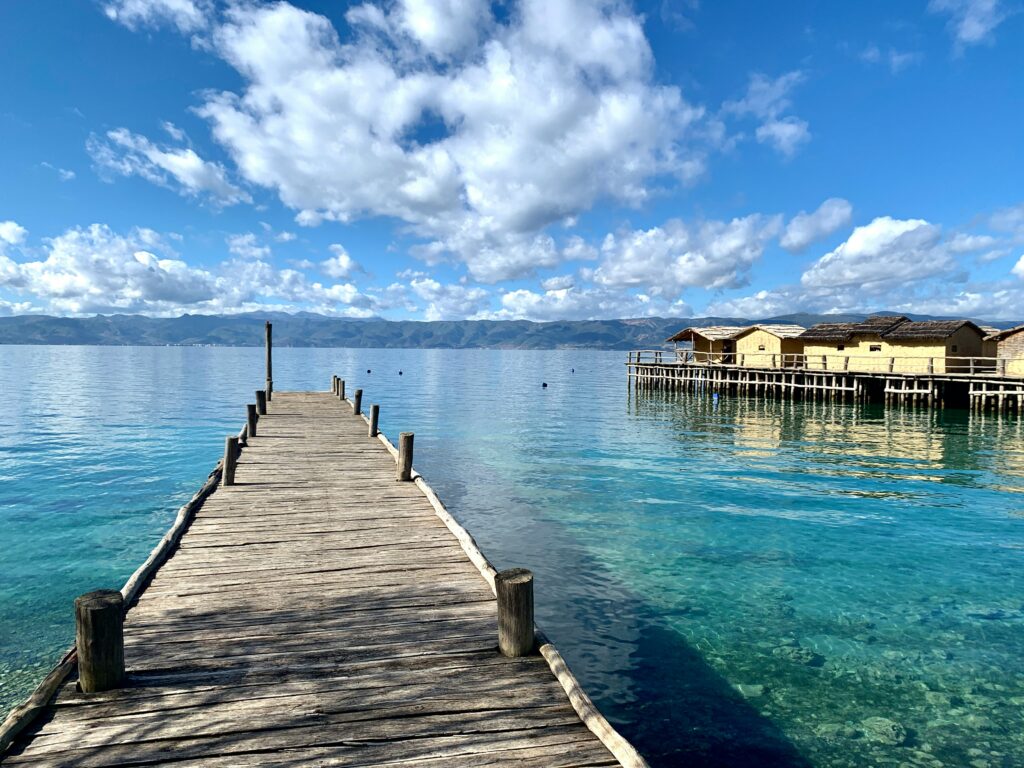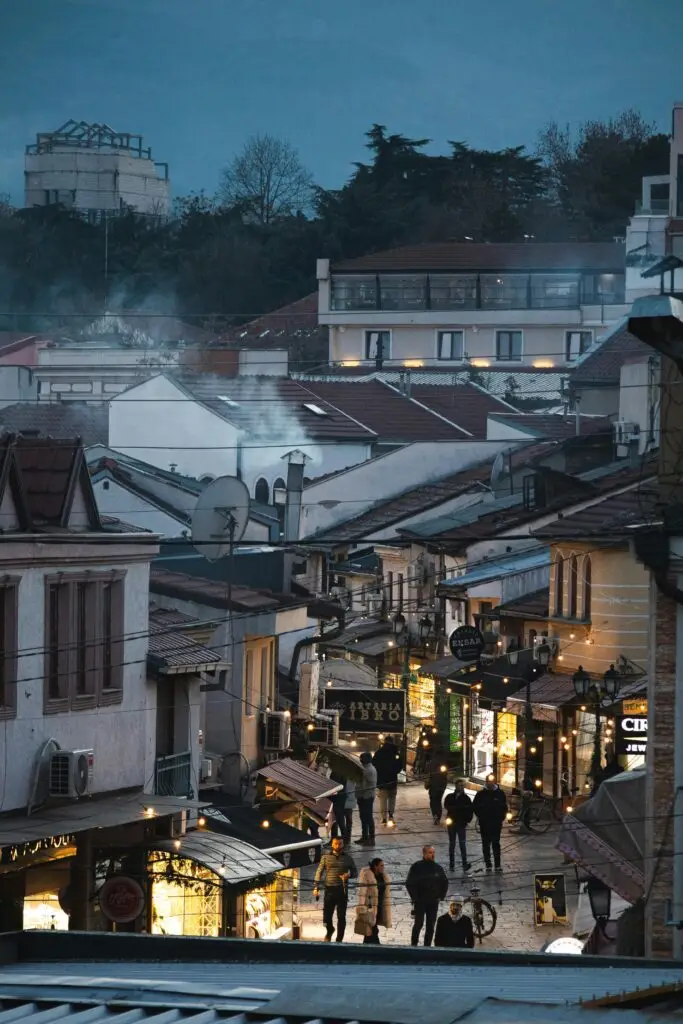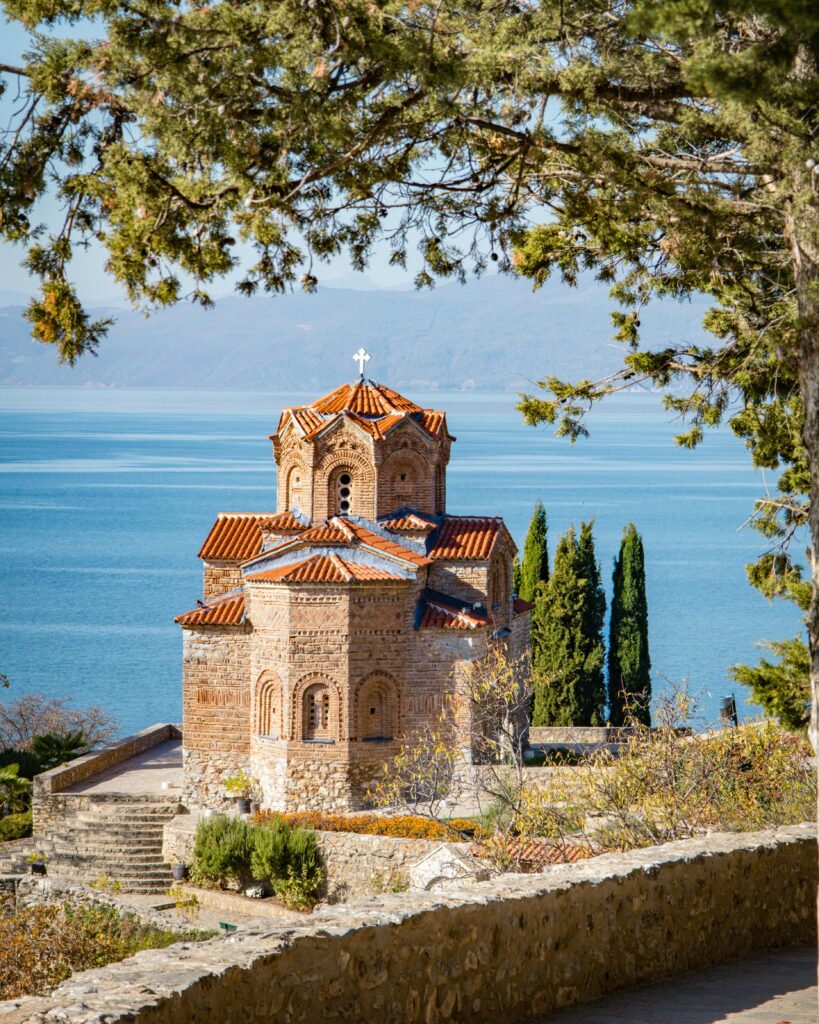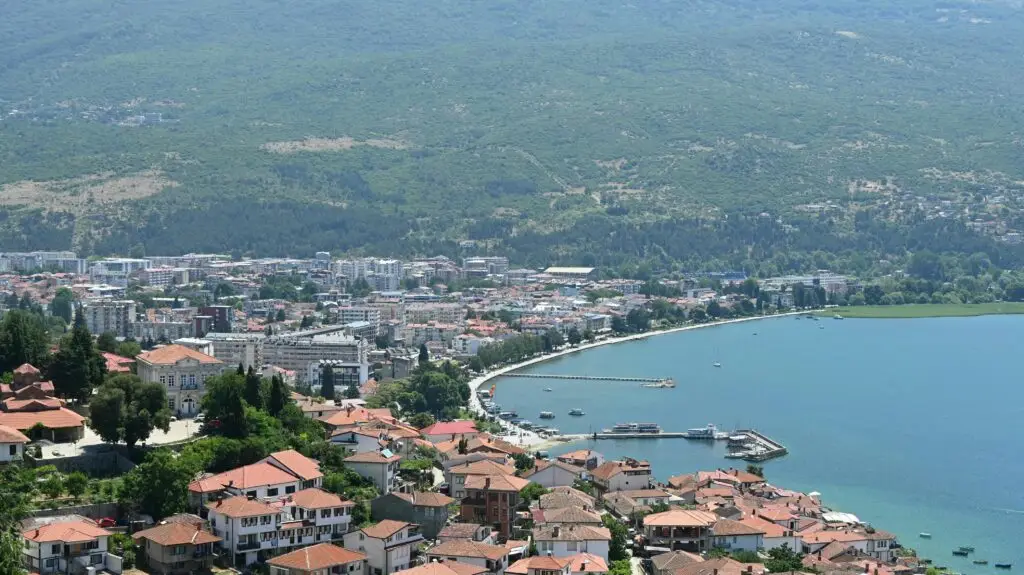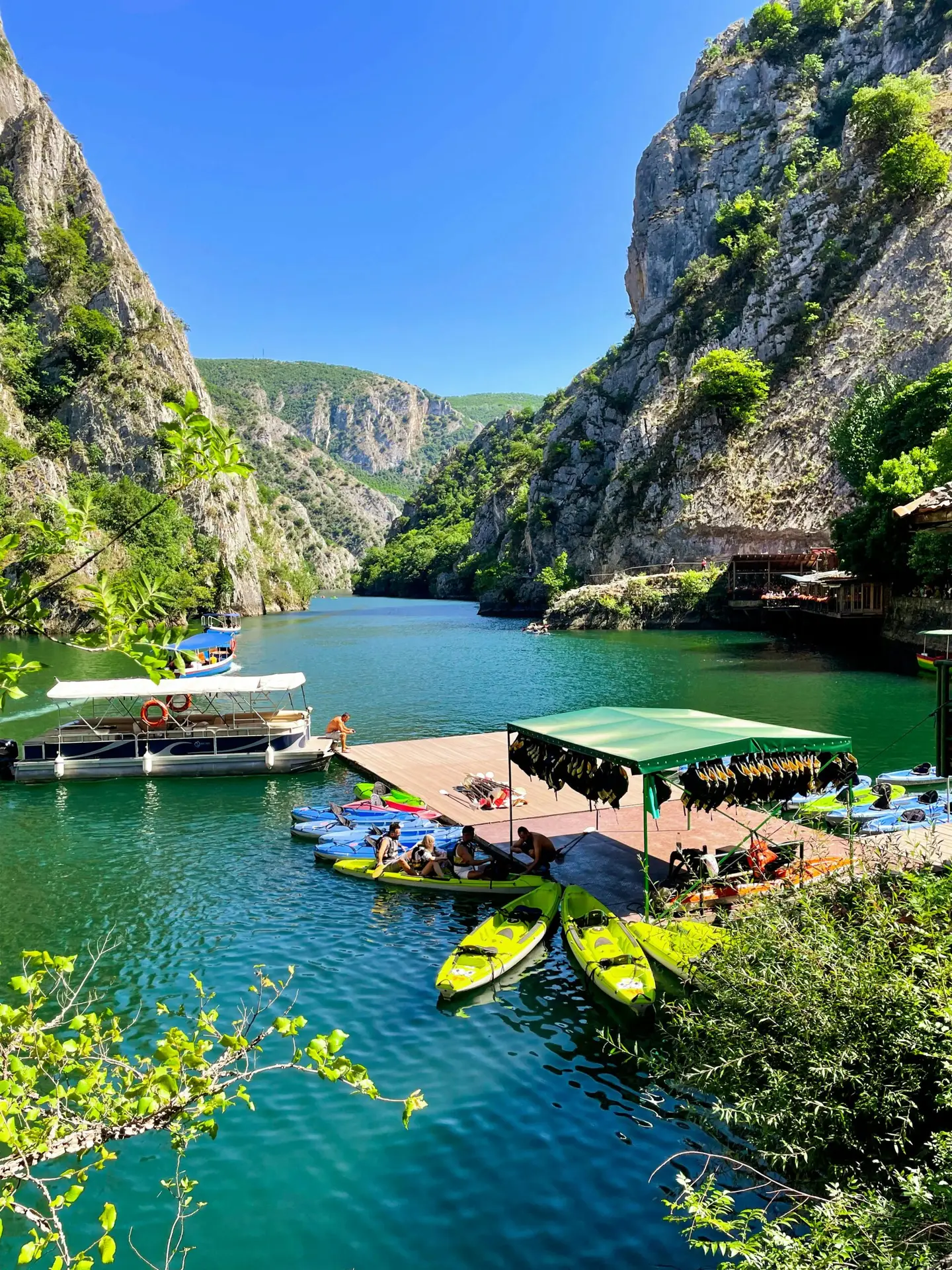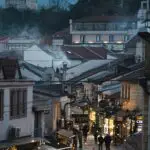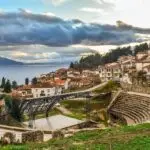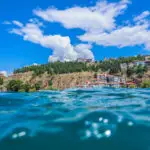Now Reading: Macedonian Cinema’s New Wave: How Local Filmmakers Are Capturing International Attention
-
01
Macedonian Cinema’s New Wave: How Local Filmmakers Are Capturing International Attention
Macedonian Cinema’s New Wave: How Local Filmmakers Are Capturing International Attention

From international festival darlings to thought-provoking documentaries, North Macedonia's film scene is experiencing a remarkable renaissance, with a new generation of filmmakers telling authentic stories that resonate far beyond the country's borders.
In a converted warehouse on Skopje’s industrial outskirts, director Marija Dimitrovska calls for silence as her crew prepares to shoot a pivotal scene. The set recreates a 1980s Macedonian village kitchen, meticulously detailed down to the patterned curtains and vintage coffee grinder. “We’re not just making films,” she explains during a break, “we’re preserving memories while creating new stories that speak to both our past and future.”
Dimitrovska represents the vanguard of North Macedonia’s cinematic renaissance – a movement that has seen this small Balkan nation increasingly recognised on the global film stage. Her debut feature, “The Almond Trees of Ohrid,” recently screened at the Berlinale, continuing a streak of international attention for Macedonian cinema that began with the country’s first-ever Oscar nomination for “Honeyland” in 2019.
“Something extraordinary is happening in our film community,” observes film critic and programmer Stefan Sidovski. “After decades of working in near isolation with limited resources, our filmmakers have developed a distinctive visual language and storytelling approach that feels both authentically Macedonian and universally relevant.”
This distinctive approach often blends unflinching realism with lyrical elements drawn from the country’s rich folkloric traditions. Director Vladimir Mitrevski’s acclaimed “The Last Shepherd” follows a traditional herder navigating ecological and economic pressures in the country’s mountain regions. Its stunning landscape cinematography and unhurried pace create a meditative experience that foreign critics have compared to the works of Abbas Kiarostami, while its environmental themes connect to global concerns.
What makes this cinematic flowering particularly remarkable is that it’s happening despite limited infrastructure and funding. North Macedonia’s Film Agency operates on a modest annual budget, yet has strategically focused on co-productions with European partners and developing emerging talent through short film initiatives.
“We’ve turned our limitations into strengths,” explains producer Ana Stojanovska, whose production company Vardar Films has been instrumental in nurturing new voices. “Without huge budgets for special effects or elaborate productions, our filmmakers focus on compelling human stories and distinctive visual approaches. The international film community is responding to that authenticity.”
This authenticity extends to addressing complex national questions. Rather than producing simplistic national narratives, the new wave of Macedonian cinema often grapples with the country’s multicultural identity, rural-urban divides, and post-Yugoslav transitions. Arben Taravari’s “Crossroads,” shot in both Macedonian and Albanian, explores intercommunal relationships in the northwestern city of Tetovo through the story of two families connected by an unexpected romance.
Documentary filmmaking has proven particularly fertile ground. Building on “Honeyland’s” success, filmmakers like Elena Jovanova are creating works that blend journalistic rigor with artistic vision. Her “The Last Resort” chronicles the environmental activism surrounding development threats to Lake Ohrid with intimate portraits of local residents fighting to preserve their UNESCO-protected heritage.
For cinema lovers visiting North Macedonia, several venues offer opportunities to experience this flourishing scene. Skopje’s revitalised Cinematheque hosts regular retrospectives and filmmaker discussions, while the independent Cinema Kultura screens contemporary Macedonian works alongside international art house fare. During summer months, the open-air cinema in Ohrid’s ancient amphitheatre provides perhaps the most magical viewing experience, with films shown against a backdrop of lake and mountains.
The annual Skopje Film Festival, held each April, has evolved into an important regional showcase, premiering new Macedonian works alongside international selections. “We’re seeing increasing numbers of international visitors and industry professionals attending specifically to discover Macedonian cinema,” notes festival director Mila Gavrilova.
This growing interest has practical implications for filmmakers. International distribution deals, once exceptionally rare for Macedonian productions, are becoming more common. Streaming platforms have begun acquiring Macedonian titles, while art house distributors in Western Europe have started including the country’s films in their catalogues.
For younger filmmakers, these developments offer unprecedented possibilities. The recently established Film Academy in Skopje provides formal education, while mentorship programmes connect emerging talents with established directors. “When I was starting out, the idea of making films that might be seen beyond former Yugoslavia seemed almost impossible,” reflects veteran director Petar Manev. “Today, our students begin their careers thinking globally while creating from our specific cultural context.”
As night falls on Dimitrovska’s set, the crew prepares for one final shot. A vintage television flickers in the corner of the recreated kitchen, showing archival footage of a changing country. It’s a fitting image for a cinema that honours its past while moving confidently into a new era – one where Macedonian stories and visions increasingly find their place on the world stage.


